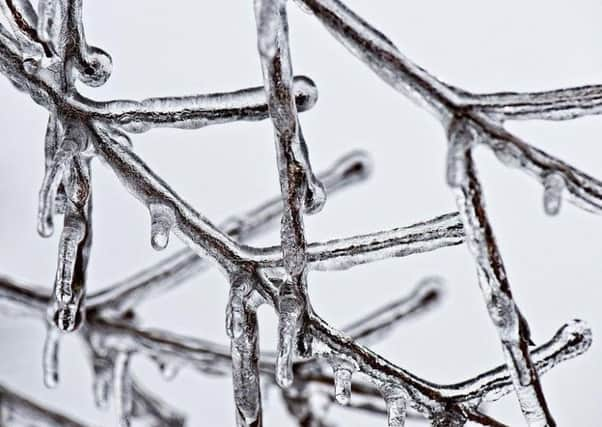Temperatures dip to -6 Degrees overnight in north west


There remains uncertainty however over whether Counties Derry, Donegal and Tyrone will escape the worst of the snow showers.
Met Eireann has forecast that following a very frosty and dry start this morning, cloud will increase during the day with some scattered wintry outbreaks spreading westwards across Ireland, although these seem to be mostly confined to more southern counties.
Advertisement
Hide AdAdvertisement
Hide AdHighest temperatures today across Ulster will range from 3 to 5° Celsius, in fresh northeast winds, with an added wind chill factor.
Tonight will again be very cold with a “severe frost and icy stretches”, Met Eireann has forecast, with further scattered wintry showers moving westwards with snow accumulations.
Lowest temperatures will again range from -2 to -6° degrees Celsius tonight “in a stiff northeasterly breeze”.
Tomorrow, Wednesday, will also be extremely cold, with scattered falls of snow tomorrow.
Advertisement
Hide AdAdvertisement
Hide AdMet Eireann however has warned that this time all areas will be at risk, with the threat of thunder too and top temperatures of only 0 to +2 ° Celsius.
The Met Office in the UK meanwhile has issued a Yellow warning for snow in Derry from Thursday through to Saturday.
They have also concurred that tomorrow will be “very cold with strong winds and occasional snow showers especially in north and east, with some accumulations and blizzards in places leading to travel disruption.”
The Met Office forecast for the north of Ireland from Thursday to Saturday also states that there will be “frequent snow showers, strong winds with blizzard conditions and some disruption likely, especially in eastern areas on Thursday”.
“Less snow showers on Friday, but some disruptive snow possibly on Saturday,” the Met Office has added.